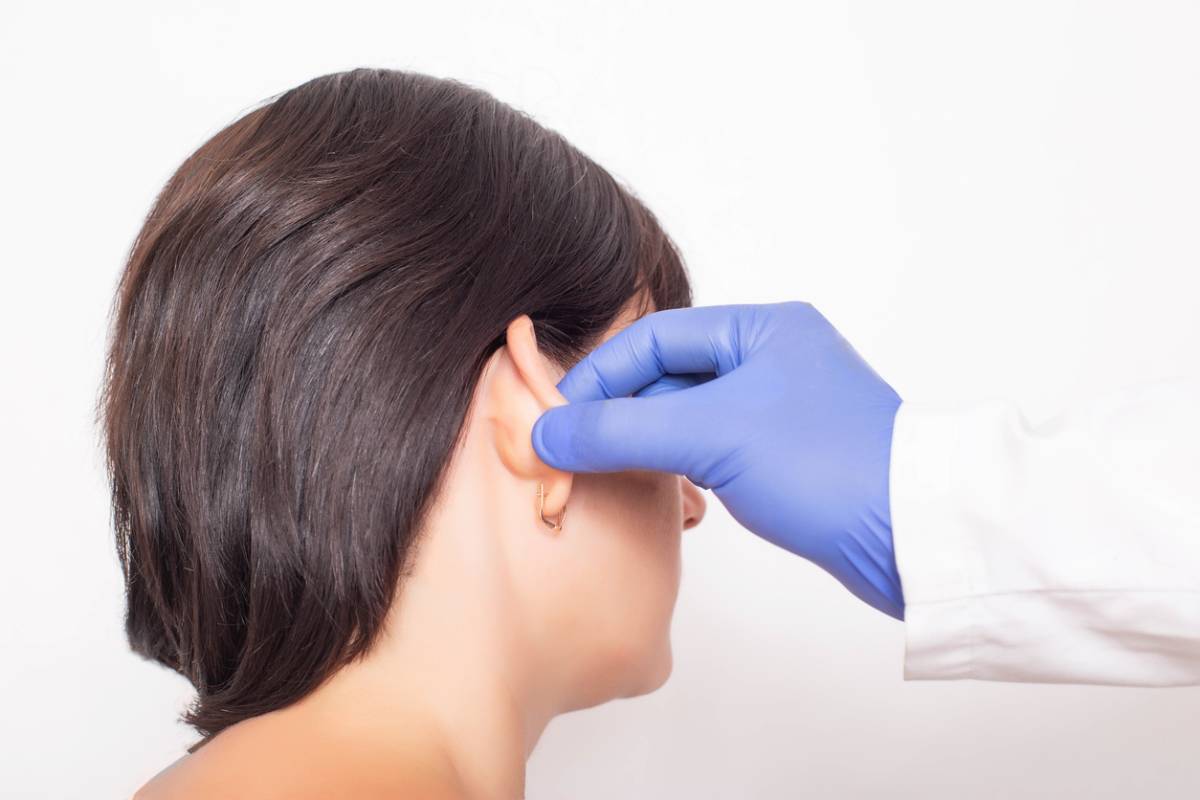For many people whose ears do not conform to the usual size, shape, or look, their ears can be a great source of frustration and anxiety. Whether it is being bullied in school, feeling self-conscious in social situations, or avoiding hairstyles that leave their ears exposed, their ears can significantly affect their life. These feelings of dissatisfaction, frustration, and anxiety can lead them to explore more permanent solutions than just having their hair cover their ears. One such solution is otoplasty.
Otoplasty or ear surgery is designed to change the size, shape, or position of the ears. Individuals who have a problem with the way their ears look, whether due to congenital deformities, injuries, or natural, unappealing ear shape, no longer have to suffer from embarrassment, low self-esteem, or bullying. Otoplasty can literally change their lives. If you have been struggling with how your ears look and have been considering plastic surgery in Boise, you might be wondering if this procedure is right for you. Are you a good candidate for otoplasty?
Are You a Good Candidate for Otoplasty?
Before you decide to undergo a procedure to change your ear shape, size or position, here are some things that you need to consider to determine whether you or someone you love will be a good candidate for otoplasty.
Age
Otoplasty is recommended for children who are 5 years old and older. This is a stage where the ears are almost fully grown, with the auricle having reached 90% of its adult size. Any procedure to correct its size, shape or position will be less likely to affect their development. In addition, correcting the ears while the child is still young can help prevent any psychological stress and possible bullying that may happen in school environments.
Adults who have been struggling with low self-confidence for years because of their ears can also benefit from this surgery. There is no age limit when it comes to otoplasty. However, it is also important for adults to have realistic expectations and to be aware of the potential risks and complications of surgery at an older age.
Health
Candidates for otoplasty should be in good health. Any chronic conditions like heart disease or diabetes should be well-managed. Candidates should make sure that there are no untreated ear infections. Good overall health will minimize the risk of complications associated with the surgery.
Psychological Readiness
Aside from physical health, the emotional and mental health of the candidate also need to be considered. Candidates should have a clear and realistic understanding of what the surgery is and what it can do for them. Aside from that, the surgery should be something that they want and not what others want for them. Children, most especially, should express a sincere desire to undergo surgery, and their reasons need to be processed.
Physical Attributes of the Ears
Otoplasty patients are usually those whose ears protrude from the side, are smaller or bigger than normal, and have unusual shape.
Health Altering Habits
Smoking is an unhealthy habit that can slow down the healing process.
Types of Otoplasty
Ear Augmentation
This type of otoplasty is for people with small ears and who want to have bigger ones.
Ear Pinning
This type of procedure is designed for those whose ears stick out from the sides of their head.
Ear Reduction
This is designed for individuals whose ears are larger than most and who want their size to be reduced.
Realistic Results
Although otoplasty can greatly improve the appearance of your ears, it does not mean that they will be perfectly symmetrical, nor does it mean that the procedure will completely change your physical appearance. Keeping your expectations realistic will result in higher satisfaction with the results.
Recovery Time
Recovery time is an important consideration when you are planning to have otoplasty. Some people start feeling better after a couple of weeks while some people heal and recover at a slightly slower rate. This is because no two people are the same and your body is different from that of another. In general, six weeks is enough to fully recover. It is essential to be aware of the usual recovery time so you can schedule your procedure at a time when it will cause the least disruption to your schedule.
Contact a Surgeon Today
If your ears have been causing you some distress over the years, it is time to talk to a plastic surgeon about otoplasty today. Look for a board-certified surgeon who has a good record of successful surgeries. Remember that the skill and expertise of your surgeon can greatly affect the success of your otoplasty. So, begin your journey towards better self-confidence by scheduling a consultation today.

